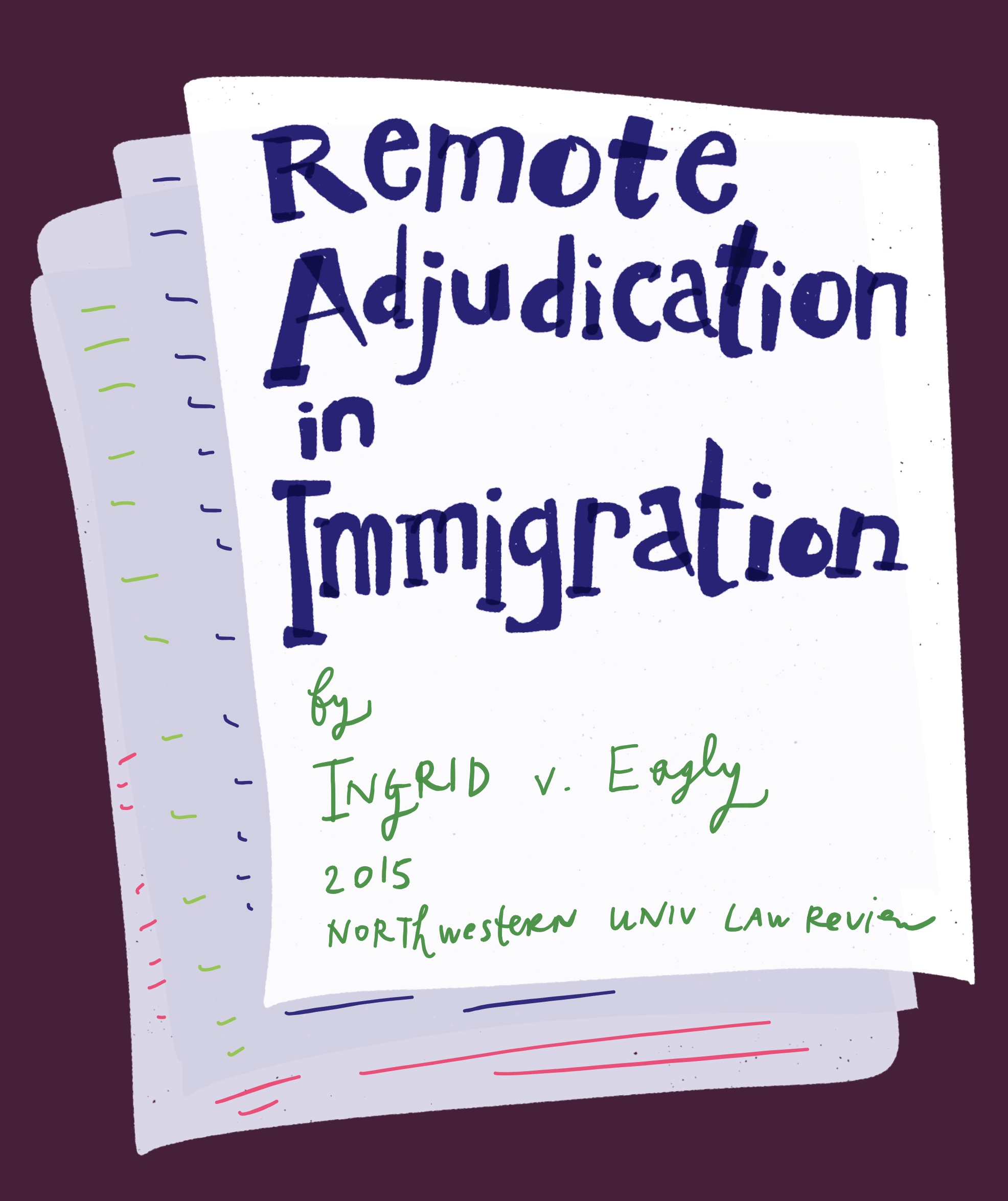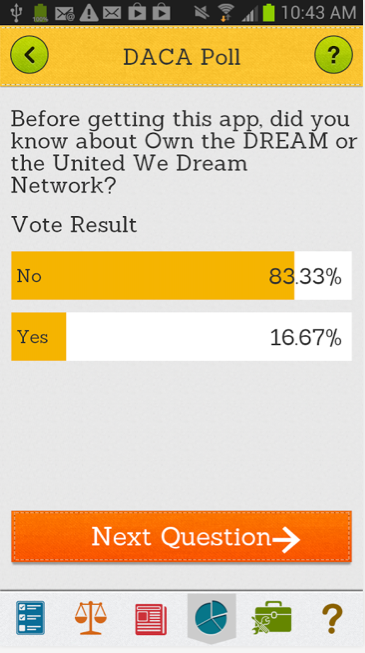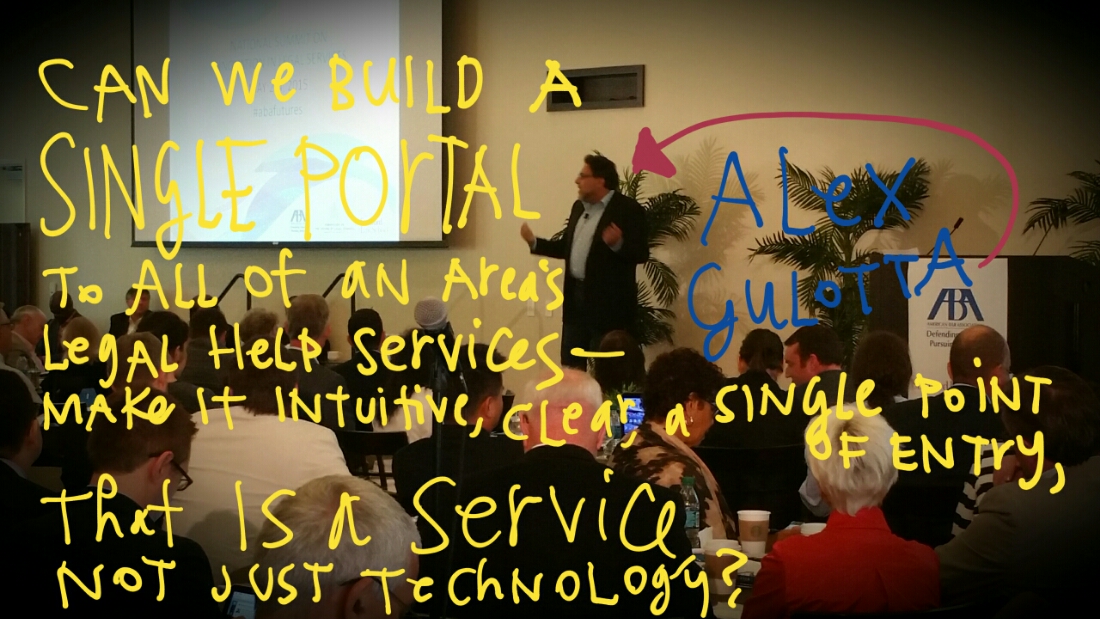As more courts shift to virtual hearings and trials with COVID-19, there’s important research questions to be studied — especially from the court user’s perspective. When your eviction, debt collection, family law, or other civil justice matter is now decided through an online proceeding rather than an in-person one, does the quality of justice change?
We can break down two main research questions about measuring the quality of justice in different types of court formats:
- Do litigants in virtual vs. in-person hearings have more Procedural Justice? Especially concerning their sense of fairness, amount of information they understand, clarity of procedures, sense of dignity, and ability to have their story heard.
- Do they have better or worse Substantive Justice outcomes? Are they able to raise their defenses, present evidence, consult with counsel, and get an outcome that is appropriate to their actual situation? Does their ability to have the law correctly applied to their situation improve or lessen?
- Do they have better or worse Social Outcomes? After the court procedure is over, do they have stable housing, financial security, good family relations, and physical security? Are the orders that are set out in the hearing actually understood and implemented? Is the person able to make full use of the law and the court order to protect themselves?
Within these big questions, one specific thing to measure is a person’s participation in the hearing. This gets to their procedural justice concerns about having a fair and respectful experience. It also gets to substantive justice concerns about getting one’s full defenses, claims, and evidence presented. Participation likely also is related to social outcomes, in that higher participation likely leads to a better understanding of what happened in court, what protections and services one might use, and how to take follow-up action after the court process is over.
I am currently searching for literature and studies that can help answer the question: do virtual hearings increase or decrease litigants’ participation in the court process?

One interesting parallel study comes from Ingrid Eagly, a UCLA law professor, who wrote a 2015 law review article on Remote Adjudication in Immigration. She explicitly studied differences in immigration hearings that were conducted over televideo versus in-person. In the televideo case, the hearings weren’t with all participants on a web-conference platform like Zoom. It was with an immigrant detainee in a room with a tv screen and video/audio setup to communicate with a judge remotely.
Her study of court records, site visits, hearing observations, and interviews found evidence that remote immigration hearings had less engagement and participation by the detainee immigrant facing removal from the US. The use of televideo vs. in person hearing did not have substantial effect on judges’ decision-making (making htem more harsh or more sympathetic). But it did apparently depress the person’s participation in the adversarial process.
People on the televideo hearings were less likely to retain a lawyer, to pursue legal strategies or use their rights (like to try to return to their home country voluntarily, or to seek relief to stay in the US). They didn’t make as full use of the law or legal services to protect themselves.
Based on her interviews, Eagly identifies some factors that seemed to depress people’s participation in remote hearings in the immigration context:
- Increased confusion and bewilderment about what was happening
- A sense that it wasn’t as ‘real’ as an in-person hearing
- Technical difficulties, interruptions, and challenges
- Feeling confused about how to securely talk to their attorney
- Lack of understanding rights and options, and less clear advisement by judges about what their rights are
- Physical separation from family or community members who would otherwise be close by and could lend support
Eagly’s study combined quantitative analysis of court records along with qualitative observations and interviews to find this pattern of depressed participation and possible explanation of it.
These results should not be taken as proof that all virtual hearings will cause less procedural or substantive justice for litigants.
The immigration context differs from civil justice proceedings in many meaningful ways:
- The televideo setup is different than online web-conference hearings. It doesn’t have all participants on their own device, calling into the same platform.
- Civil litigants are not in detention like immigrants facing removal. They are in a location of their choosing. They have the ability to do preparation and research freely before the hearing.
- Immigration removal hearings may potentially be ‘higher stakes’ than many of the civil hearings, with one’s physical safety, family relations, and ability to move all at risk.
- Detainees may have more language access challenges if they have limited English proficiency.
- The Removal hearing may be more adversarial than some civil hearings — depending on the type of case or the nature of the specific court. For example, if some online eviction matters are now being held as ‘diversion’ proceedings that focus on settlements between the parties, this is very different experience than an adversarial hearing about removing one party from the country.
That said, the findings of this research can be hypotheses that we now study in online civil hearings.
- Do litigants in online eviction, debt, small claims, family, protection order, etc. cases participate less than similar litigants in in-person cases?
- Is there a different default/appearance rate?
- Do they talk more or less?
- Do they retain counsel at higher or lower rates?
- Do they raise defenses, claims, or rights more often?
- Do they present more or less evidence?
- Do they do more preparation beforehand of their arguments or strategies?
- Do they have a lower/higher sense of Procedural Justice?
- Are they more confused?
- Do they get less information or advice on their rights/procedures from the judge, or staff?
- Do they feel a lack of respect?
- Do they feel there is more difficulty or burden in participating in the hearing?
This kind of research is very necessary as more decisions are being made about virtual legal systems. I am working with several colleagues, like Victor Quintanilla at Indiana University, to begin studies of users’ participation and procedural justice. If you are also interested in these topics, please let us know!



